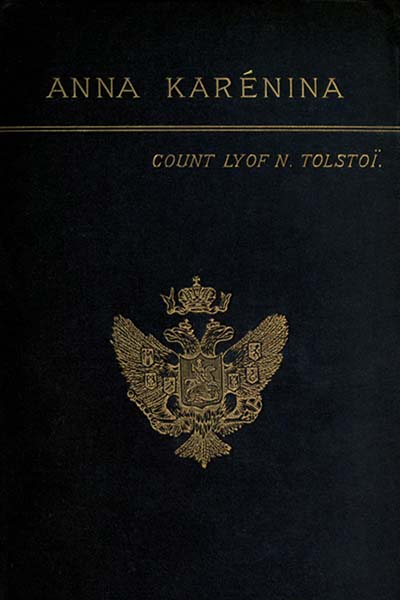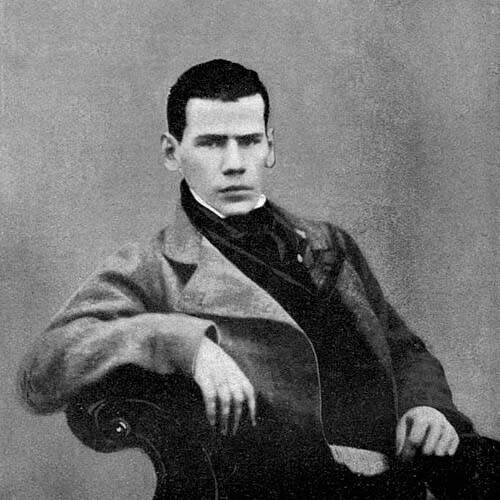Best Historical Fiction Books: Anna Karenina
Anna Karenina stands as one of literature’s most powerful explorations of passion, society, and moral consequence. The novel follows the tragic Anna, trapped in a loveless marriage, who embarks on a devastating affair with the dashing Count Vronsky. Her story unfolds alongside that of Konstantin Levin, a landowner searching for meaning and purpose in his life and work. Set in Imperial Russia during the 1870s, the novel provides a vivid portrait of Russian aristocratic society while examining timeless themes of love, family obligation, social pressure, and personal fulfillment. Tolstoy masterfully contrasts Anna’s destructive passion with Levin’s quest for authentic living, creating a complex moral landscape that refuses simple judgments. The famous opening line—“All happy families are alike; each unhappy family is unhappy in its own way”—sets the tone for a novel that delves deep into the complexities of human relationships and the often tragic consequences of defying social convention. Through Anna’s downfall and Levin’s spiritual journey, Tolstoy creates a work that is both deeply Russian and universally human. This psychological masterpiece continues to captivate readers with its unflinching examination of love’s power to both elevate and destroy, making it essential reading for anyone interested in the heights of literary achievement.














